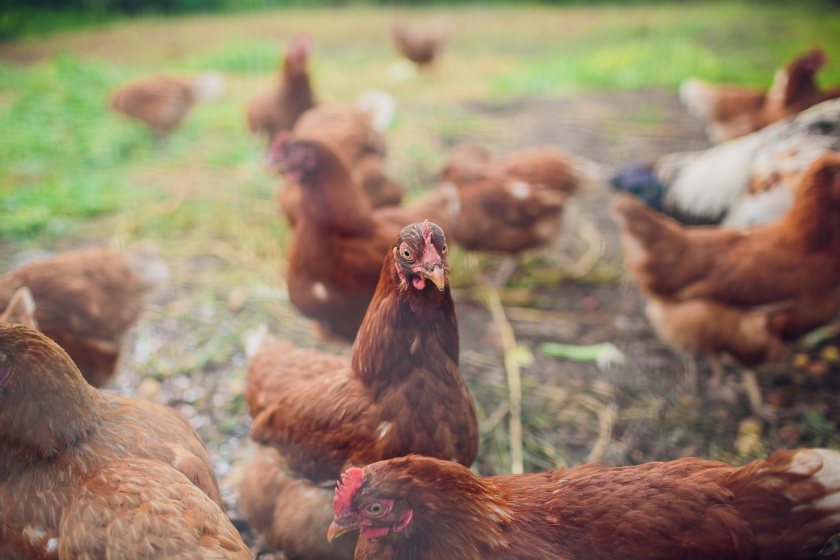RSPCA Assured rolls out flexible farm assessments amid bird flu surge

As avian influenza cases surge once again, RSPCA Assured is ramping up efforts to support poultry farmers with flexible assessments, biosecurity measures and welfare guidance.
With fresh outbreaks of bird flu causing renewed disruption and anxiety this summer, the assurance body has today pledged to helping its members navigate the challenges posed by the disease.
A flexible approach to farm assessments will be maintained throughout outbreaks. In specific cases – such as when a farm is under a compulsory housing order or falls within a 3km or 10km AI control zone – members may be eligible for alternative arrangements, including virtual or desktop assessments.
Allan Pearson, farming and technical engagement manager at RSPCA Assured, said: “Sadly, increased avian influenza outbreaks have become a new reality, and we understand how stressful and worrying this is for our members.
"We’re committed to supporting farmers through these tough times. Our farming and technical engagement team is always on hand to offer advice and practical guidance to ensure members meet the RSPCA welfare standards throughout an outbreak.
"We encourage any RSPCA Assured member who has concerns about avian influenza or has any questions to get in touch, and we’ll be happy to help.”
Biosecurity at the heart of in-person assessments
Where in-person assessments do go ahead, assessors will strictly follow each site’s specific protocols alongside the organisation’s own stringent procedures, including:
• Using foot dips, on-site sanitising stations, and wearing protective foot coverings.
• Carrying FFP3 masks and disposable gloves, to be used where necessary.
• Adhering to each farm’s instructions on donning and removing PPE when moving between sheds.
• Disposing of PPE at the farm's request following the visit.
• Spraying vehicle wheels immediately after exiting the site’s final gate, if parked on farm.
Improving bird welfare during housing orders
Farmers are also encouraged to adopt a range of enrichment strategies to improve welfare during periods when birds are kept indoors:
• Providing extra enrichment in sheds, such as hanging alfalfa, lucerne, or pecking blocks to encourage natural foraging.
• Scattering feed or grit for laying hens and turkeys to add stimulation and mimic natural behaviours.
• Ensuring all enrichments are kept clean and stored properly to avoid introducing infection.
• Offering fine, dry materials like sand or sawdust to allow birds to dust bathe indoors.
The RSPCA Assured website features a section with resources, including information on additional biosecurity procedures, contingency planning, and tips for maintaining flock welfare during housing restrictions.








